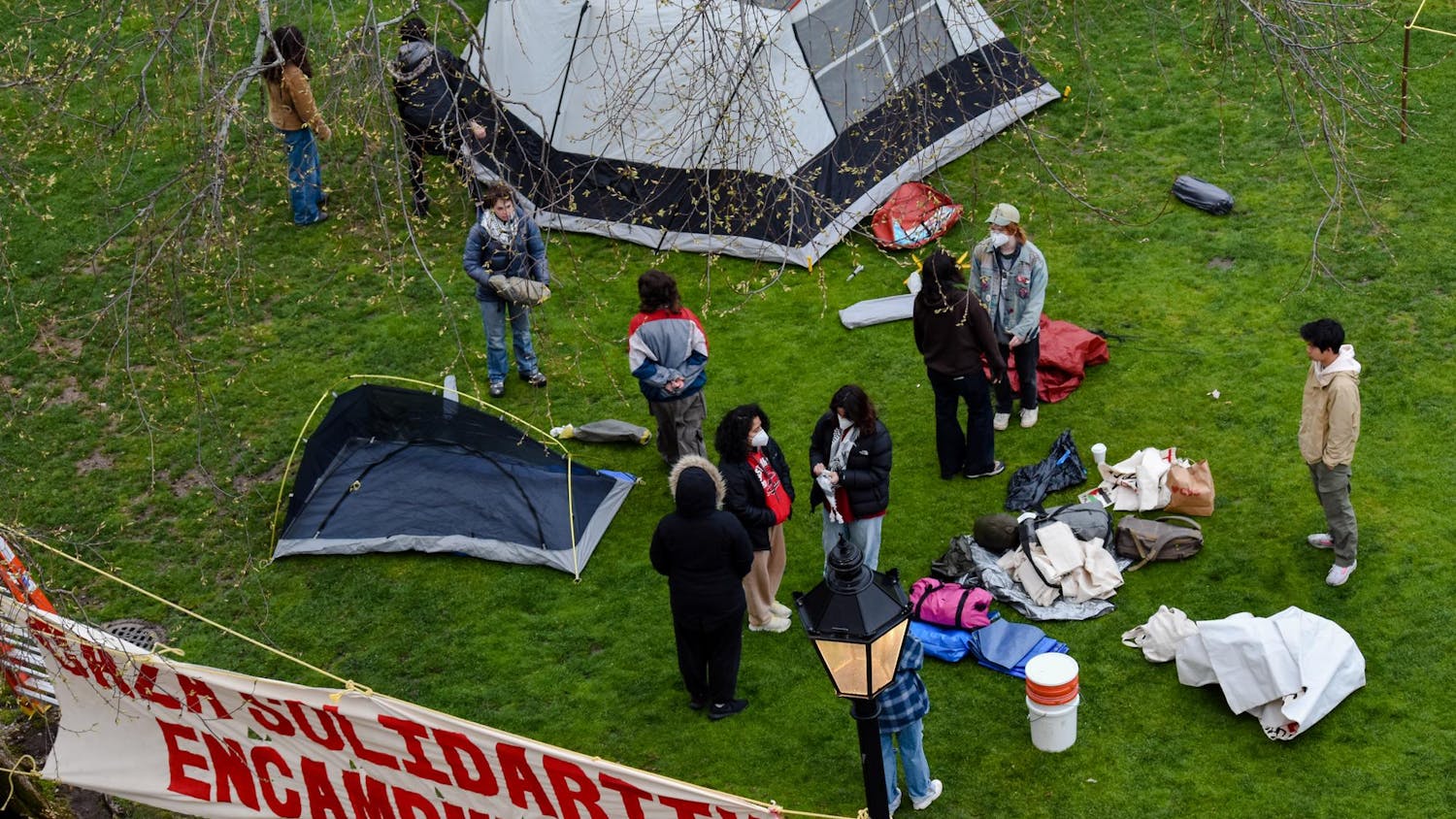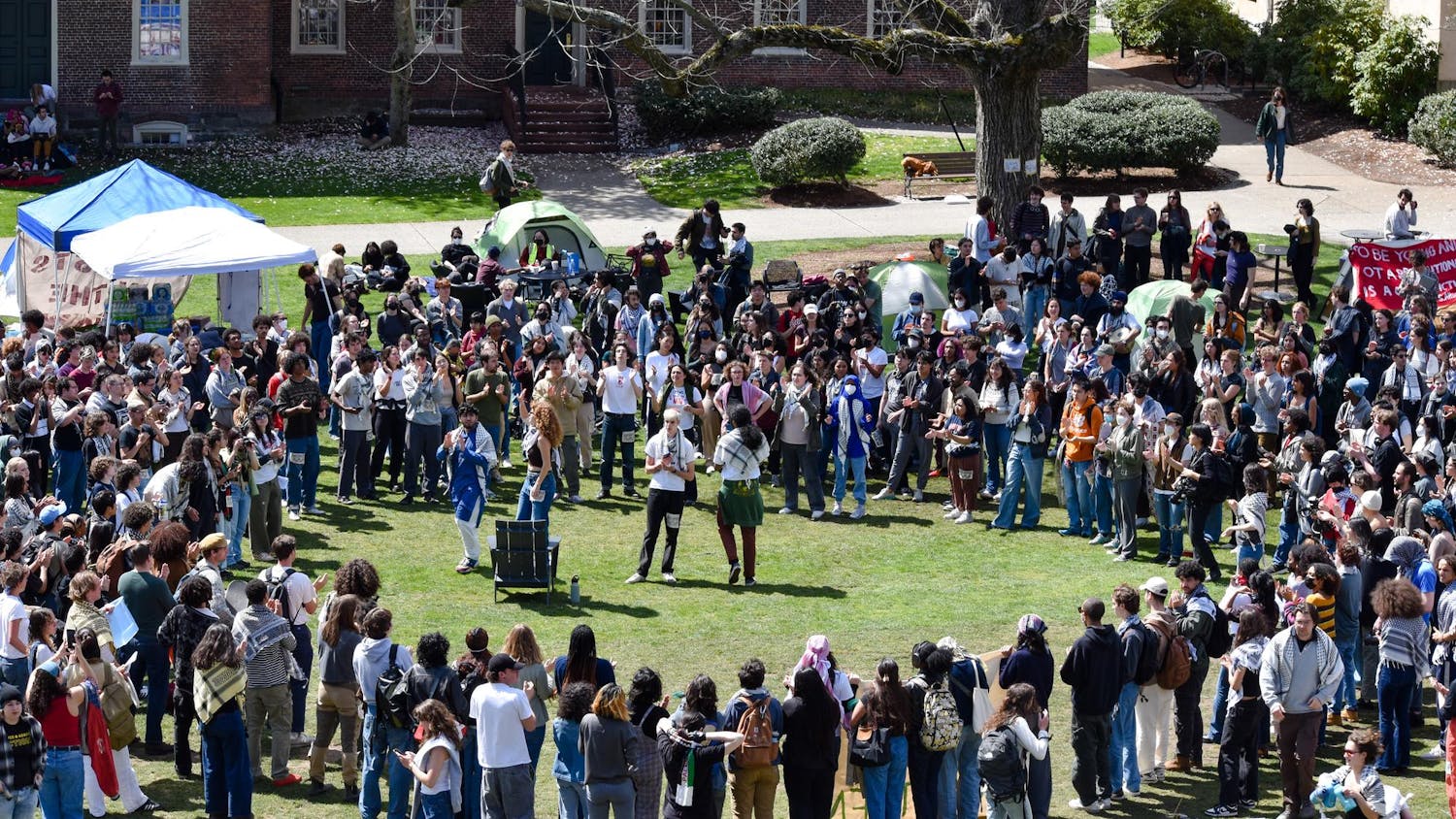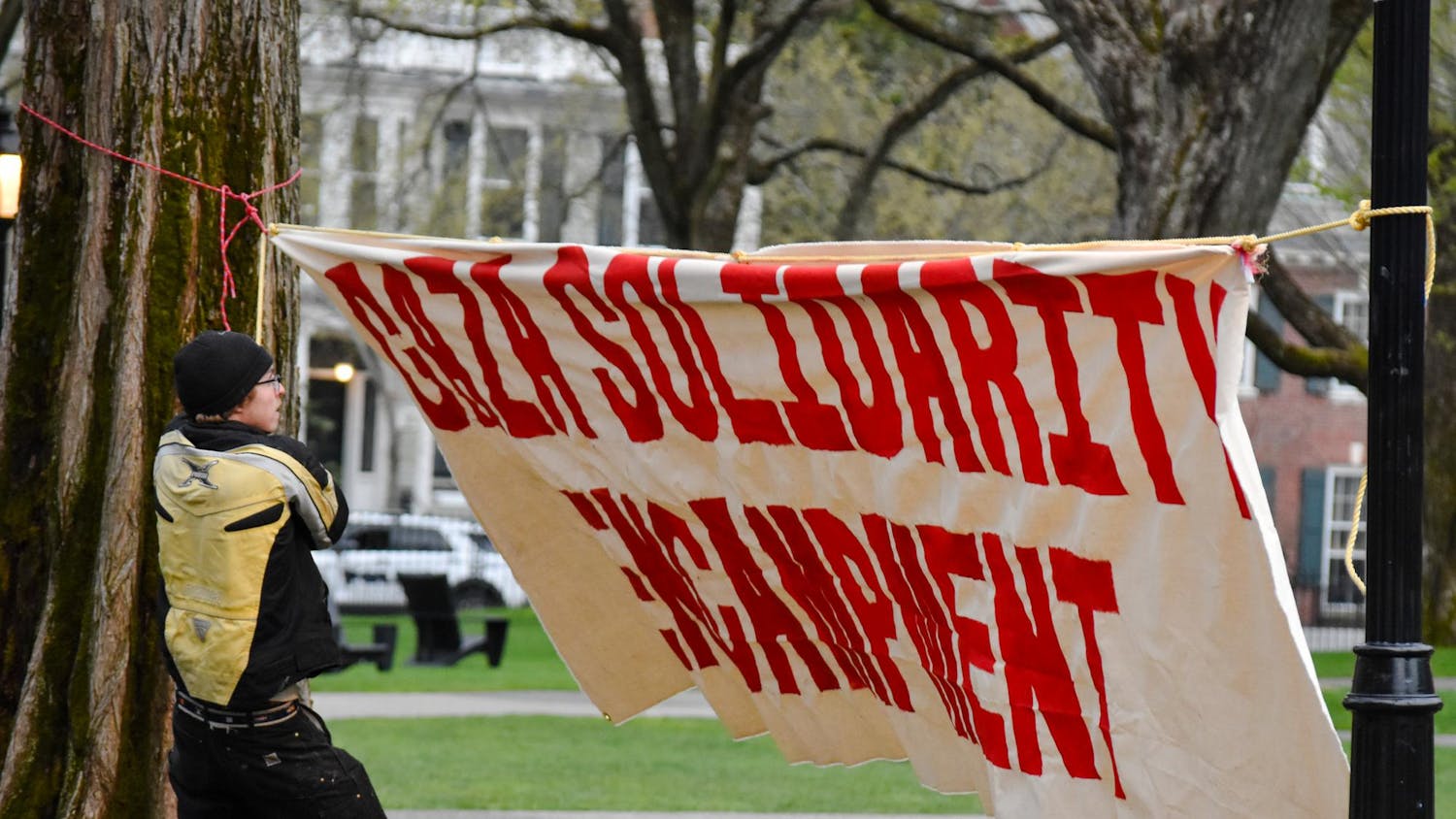“No one country is immune from the effects of climate change, but no one country can solve it,” said British Ambassador to the United States Sir Peter Westmacott to a crowd of students and faculty members Friday in MacMillan 115.
His lecture, entitled “How Climate Challenges Are Impacting Security Worldwide,” painted a sketch of the tribulations that climate change brings to the political arena, as well as certain solutions needed to garner effective global results.
Westmacott began by discussing the immediate risks of climate change. In Africa, the Sahara desert is expanding south at 30 miles per year, threatening to drive inhabitants out of increasingly arid lands, he said. Rather than representing an abstract idea or future problem, “climate change is an important part of our lives” on an everyday scale, he said.
“Food security and scarce water will become even bigger problems” in “less prosperous, less well-researched countries,” Westmacott said, pulling up images of the desiccating South Aral Sea — a once-active fishing site — to illustrate how government mismanagement of natural resources can cause effects that “can be felt for generations.”
“If you stir in a degree of political instability” and “bad governance,” he added, nations can produce “horrendous political results.”
The conflict in Syria stands as a prime example of this, Westmacott said during the question-and-answer session that followed. Political instability hinders Syria’s ability to address its drought problem and culminates in a cyclically negative situation for Syrian citizens and refugees, he added.
One of the first steps in attacking climate change is to convince government leaders and voters of its lethal existence, Westmacott said. But due to increased urgency in the way most scientists discuss the issue, “public opinion has shifted dramatically,” leaving a dwindling base of those who deny climate change, he said.
Building a general base of knowledge about the subject still only matters to the point of immediate concrete action, Westmacott said. “We need grassroots organizations, universities and scientists to research the effects of climate change, and new technologies to address the problems that come with it,” he said. Countries need to assume individual responsibility, share technologies and ensure their money is “well-spent,” he said.
The 21st United Nations Conference on Climate Change — to be held in Paris later this year — will provide an important forum for international discussion and planning, he said. While each country’s effort is crucial to the overall endeavor, “we’ve got to agree on measures to deal with it” on a global scale, or risk rendering localized actions ineffective, Westmacott said.
Collectively “we have come a very long way,” but 250 million citizens will be displaced due to climate change if no drastic action is taken by 2050, he added. “We’ve got to slow the way in which the world is warming.”
The lecture was co-sponsored by the Watson Institute for International and Public Affairs and the Institute at Brown for Environment and Society.




